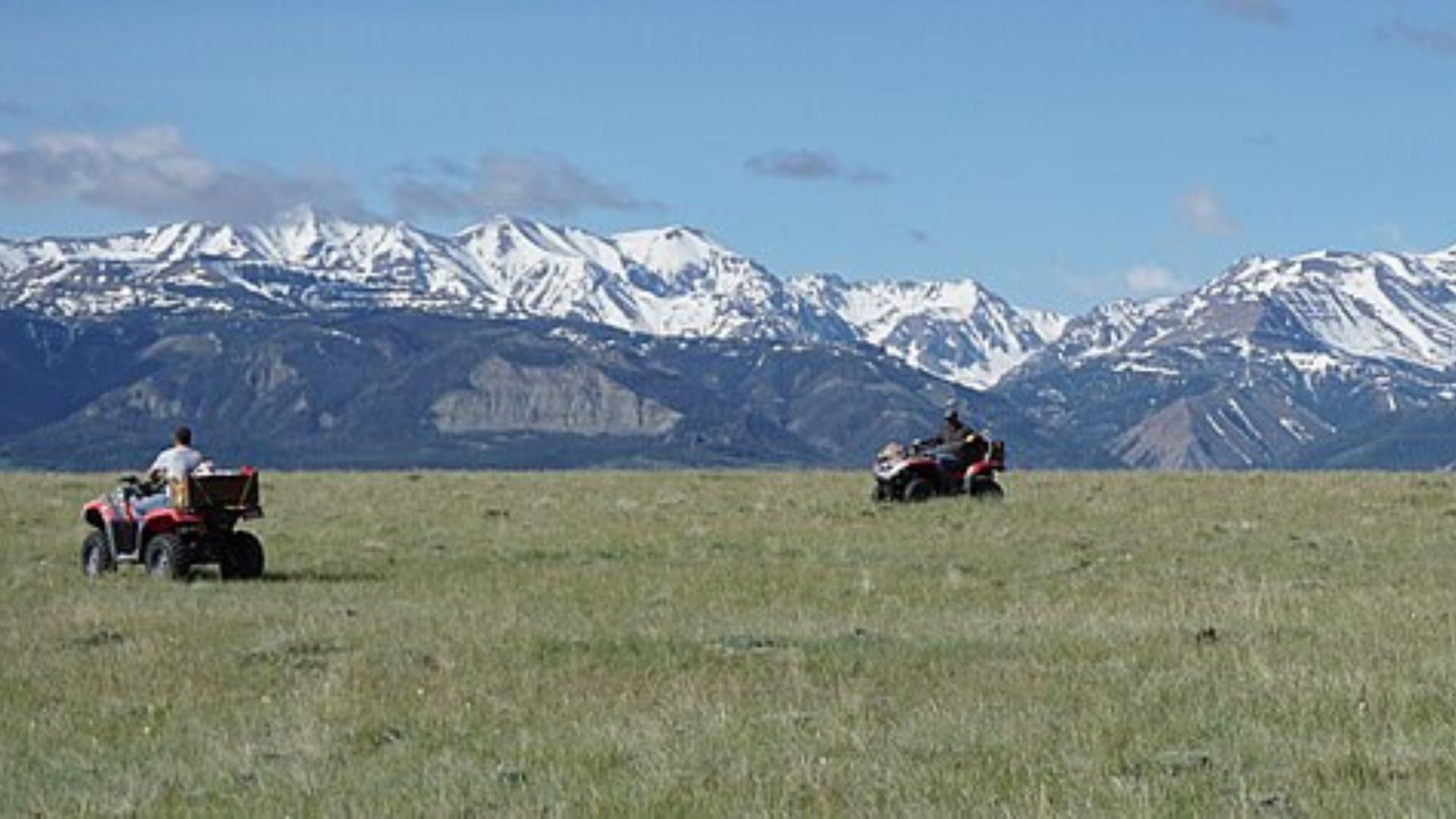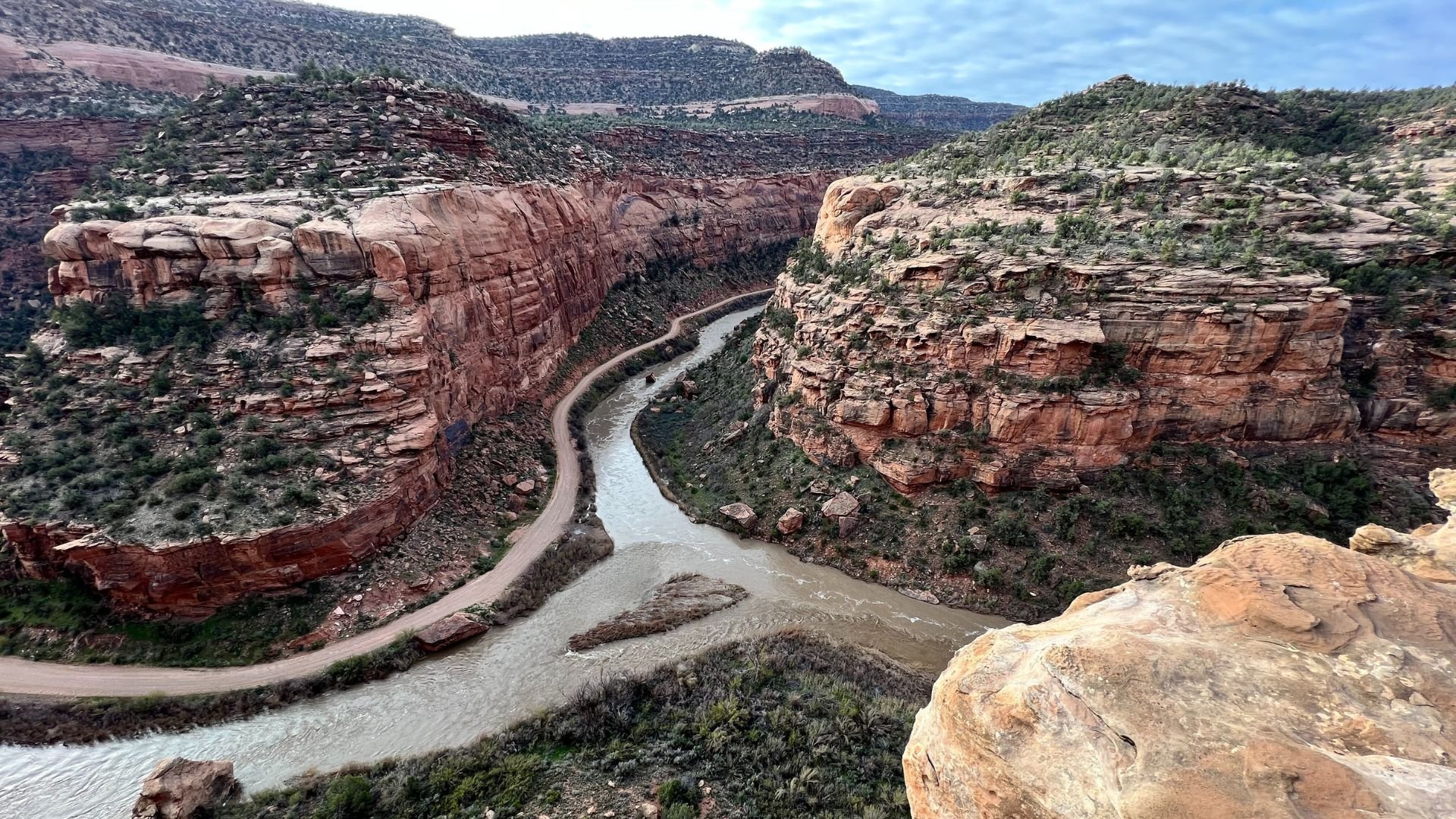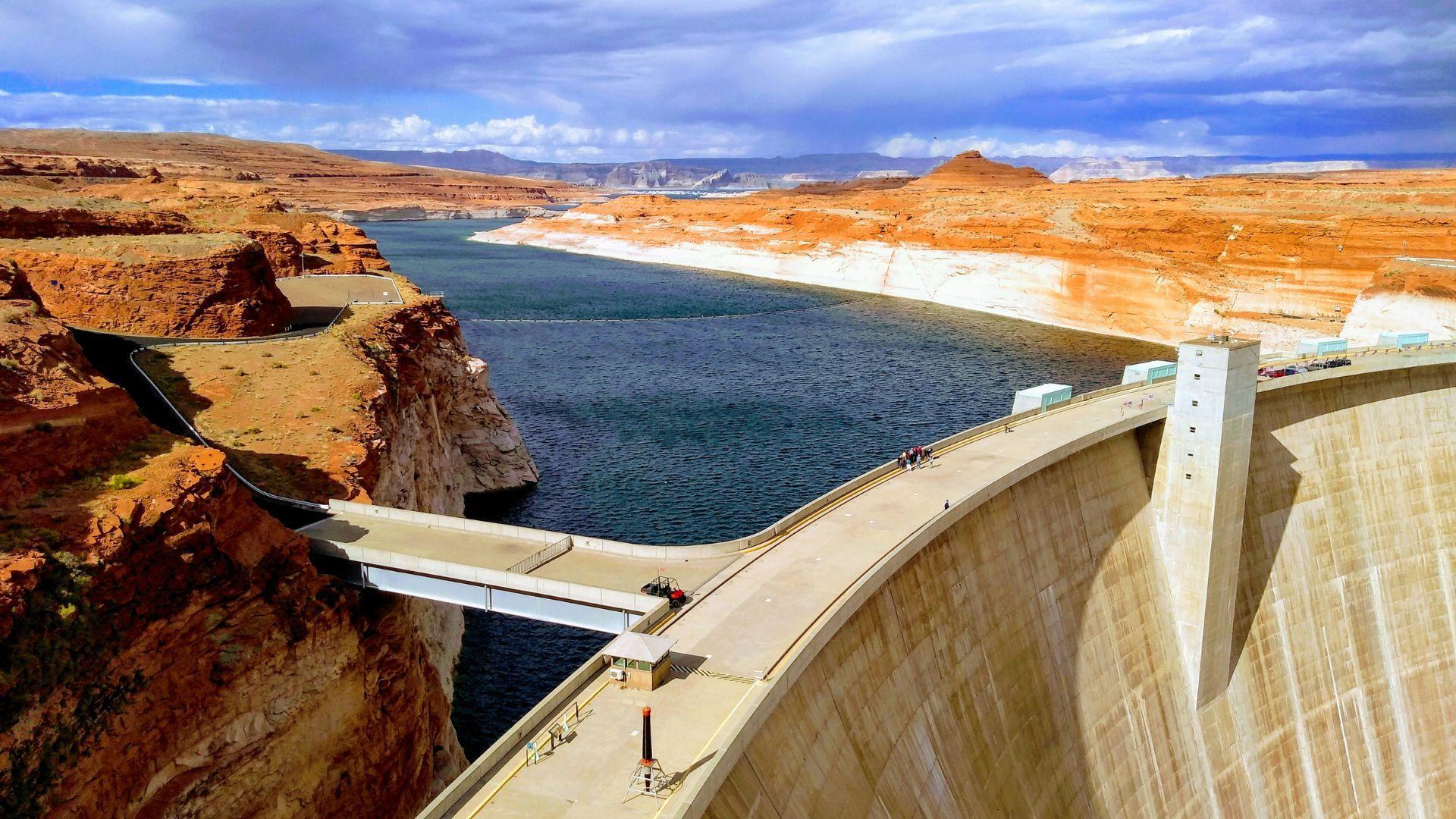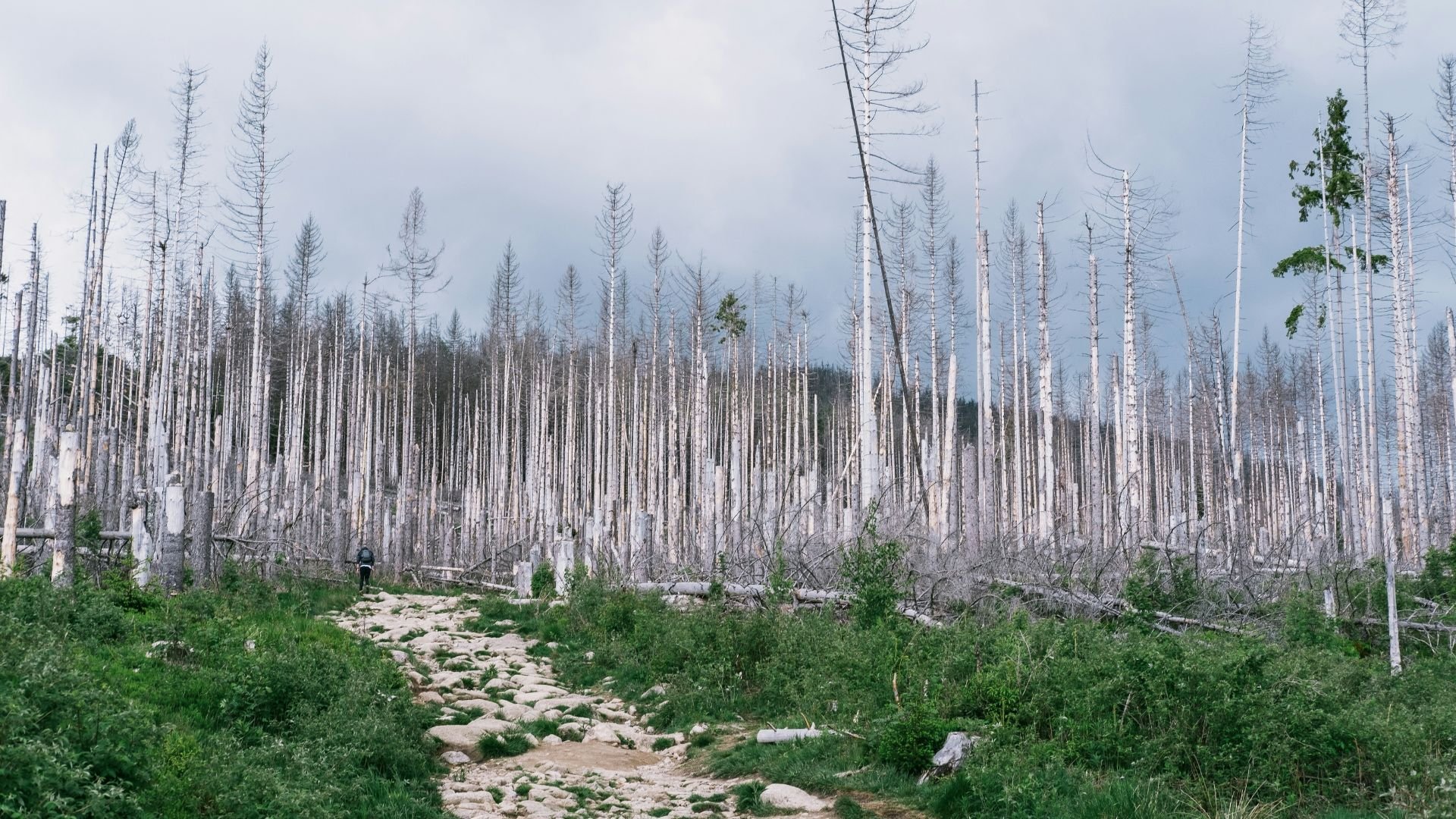President Joe Biden made headlines this week after pushing through a controversial change to the 50-year-old Endangered Species Act.
The changes have been settled after three years of lengthy and expensive legal battles to restore and strengthen specific provisions in the act.
History of the Endangered Species Act

In 1973, the U.S. government established the Endangered Species Act (ESA) to conserve the habitat of threatened plants and animals.
Multiple government agencies are tasked with enforcing the act. Groups like wildlife and fisheries services work together to ensure the public does not damage conserved land, and the government sets provisions for private companies to follow.
Biden Has a Legacy of Conservation and Environmentalism

During Biden’s tenure as president, he has attempted to establish himself as one of the most environmentally conscious presidents in history.
He recently made waves by naming the Dolores River in Colorado a National Monument. Although many environmentalist groups applauded his decision, some local residents had issues with the possible changes to the land.
Administration Fighting to Reestablish Rules

During the Trump administration, the government took liberties to change the meaning of certain definitions outlined in the ESA.
Since Biden was elected, his cabinet has worked tirelessly through court cases to reestablish the definition of “habitat.” The word had recently lost its specificity in relation to the act. The current administration sought to avoid confusion by amending the act to include specific terms and protections for animals and wildlife.
The Change Comes at a Time When Many Species Are on the Brink of Extinction

In addition to many species of wildlife becoming at risk of extinction, researchers have just discovered the link between climate change and the decline of honey bees. Over 90% of the world’s bee populations have declined in the past 20 years, directly caused by rising temperatures.
In conjunction with bees, many species in America, like wolves, deer, coyotes, bobcats, and bald eagles, have faced hardships due to the sweltering summer temperatures.
Countersuits Are Expected

Redefining certain areas as fully protected spaces means that many oil and gas companies will have their territories stilted in the future.
The administration has already anticipated the onslaught of counter-suits that will most likely come from the change. Groups that have already opposed the new regulations have argued the law inhibits their right to make a living using natural resources.
Biden Administration Hoping to Come to an Agreement With Opposers

While the ESA’s purpose will remain in law, Biden and his administration hope to settle disputes in everyone’s favor.
Mining, fracking, and forestry can still easily continue throughout America without causing more damage to at-risk species.
Low Water Levels Threaten Natural Habitats

Many areas in the western states have reported issues with water levels in the past months. Droughts and infrastructure issues like the cracks in the Glen Canyon Damn will only continue to worsen throughout the summer.
Lack of rain and drinking water causes many wild animals to die from dehydration and loss of natural habitat due to increased wildfires, mudslides, and dying plants.
Republicans Are Opposed to the Change

One Republican representative made his voice heard during the Natural Resources Committee meeting this past week.
Rep. Bruce Westerman, an Arkansas official, said, “Undoing crucial reforms and issuing new regulations…will not benefit listed species.”
Farmers Are Worried About Their Livelihoods

A representative for the Nevada Farm Bureau also came out in opposition to the new ruling.
They stated, “The imposed Endangered Species Act restrictions are especially harmful to those, such as our farmer/rancher members, who depend on being able to produce their livelihoods through access to and use of natural resources.”
Wildlife and Fisheries Departments Came to Biden’s Defence

As the U.S. struggles with soaring temperatures, invasive species, and degraded habitats, wildlife populations will continue to shrink before becoming fully extinct.
Martha Williams, the director of the U.S. Fish and Wildlife Service, said, “The Endangered Species Act is more important than ever to conserve and recover imperiled species now and for generations to come.”
Scientists Are Working Tirelessly to Avoid Mass Extinction in the U.S

Climate activists and scientists in the U.S. have noted that if the climate continues to rise on the same trajectory, more than 6 million species will completely disappear in the next 50 years.
The ESA is a small part of a larger goal to mitigate the impending disaster.








































